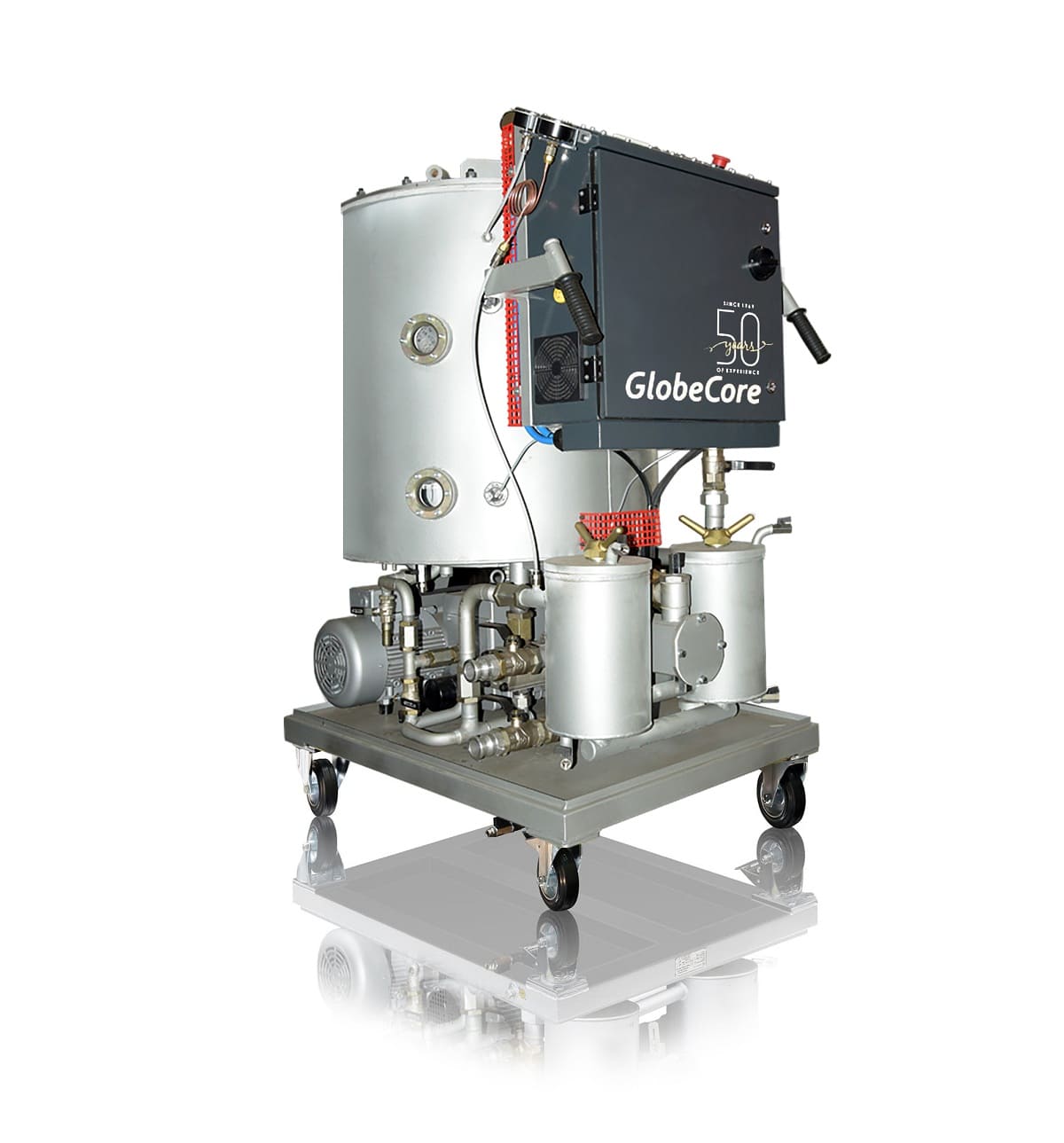Hydraulic oil purification
How do different Types of Hydraulic Oil affect the performance of hydraulic systems?
- This topic has 1 reply, 2 voices, and was last updated 1 year, 5 months ago by .
Answers
-
October 4, 2024 at 1:52 pm by Alexander Taylor
Different types of hydraulic oil significantly influence the performance of hydraulic systems based on their base oil composition and additive packages. Mineral-based hydraulic oils, derived from petroleum, are widely used due to their cost-effectiveness and satisfactory performance in standard applications. However, they may have limited thermal stability and oxidation resistance compared to other types. Synthetic hydraulic oils, such as phosphate esters or polyalphaolefins, offer superior thermal stability, oxidation resistance, and consistent viscosity across a wider temperature range. This makes them ideal for high-performance and extreme operating conditions, enhancing system reliability and reducing maintenance needs. Bio-based hydraulic oils provide environmentally friendly alternatives with good biodegradability and lower toxicity, suitable for applications where environmental impact is a concern. Each type of hydraulic oil interacts differently with system components, affecting lubrication, cooling efficiency, and overall machinery performance. Selecting the appropriate type based on operational demands ensures optimal efficiency, longevity, and reliability of hydraulic systems.



